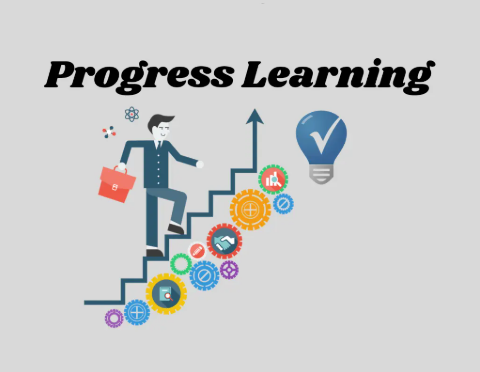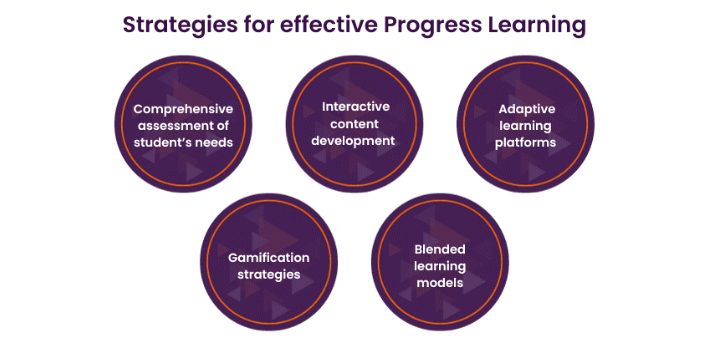Introduction
Academic victory is a cornerstone for prospects in today’s competitive world for Progress Learning. Whether a student is in primary school, college, or following graduate studies, continual improvement in education is essential to succeed. However, academic development isn’t just about learning facts or completing assignments—it’s about developing effective practices, promoting a growth mindset, and coming to education with character and resolution. Unfortunately, many students work hard to maintain inspiration and focus, hindering their academic travels. Moreover, this article will examine five tips to help students promote academic growth for progress learning, assuring they stay on the path and acquire their full potential.

Set Specific and Achievable Goals
Selecting goals is one of the most influential ways to accelerate academic development. Without explicit purposes, students can quickly lose direction or explanation. However, designating well-defined goals delivers both direction and a feeling of achievement for progress learning. These purposes should be specific, measurable, and achievable. For example, instead of setting a general goal such as “I want to enhance my grades,” a student could aim for “I want to extend my history grade by 10% by the end of the semester.” This gives a clear mark and helps the student follow their improvement. Additionally, breaking bigger goals into smaller, more effortless assignments makes them feel less overwhelming and possible. Completing these smaller studies delivers a sense of achievement, fueling motivation to progress learning.
Cultivate Effective Study Habits
One key driver of educational growth is creating effective study patterns. How students close their study time can determine the grade of their learning and, ultimately, their academic success. To start with, consistency is required. Rather than packing for exams at the last minute, students should designate a regular study routine that helps them stay on top of their coursework for progress learning. A set study schedule misjudges procrastination and eases anxiety before exams, permitting students to immerse in material over time. In addition to character, creating a study environment is essential. A quiet, methodical space free from distractions can help students focus better and be more effective during their study sessions. It’s also helpful to experiment with various study strategies. Tools like flashcards or mind maps can also improve understanding and memory for progress learning.
Develop a Growth Mindset and Stay Resilient
Academic growth is not unbent, and setbacks are unavoidable. However, students with a transition mindset view challenges as possibilities for growth rather than signs of defeat. A growth mindset, popularized by psychologist Carol Dweck, is the idea that capabilities and intelligence can be grown through effort, perseverance, and learning from blunders. Students who adopt this mindset can more easily continue through difficulties and approach learning resiliently. For instance, if students don’t accomplish well on a test or work with a unique subject, they should concentrate on learning from the experience rather than becoming frustrated. Resilience—keeping effort and determination despite challenges—plays a climactic role in academic development. Viewing defeat as a natural part of the learning process.

Conclusion
In conclusion, academic growth is a constant voyage that needs dedication, consistency, and a forceful approach. Setting clear, attainable goals, developing effective study habits, and assuming a growth mindset are essential strategies for students who wish to grow in their educational goals. Further, strength in the face of setbacks permits students to keep their acceleration and continue making progress. Combining these five essential tips into their daily routines permits students to enhance their academic routines and develop the skills necessary for lifelong learning and personal development. Overall, education is not just about grades; it’s about continuously evolving and progressing in every learning process step for progress learning.